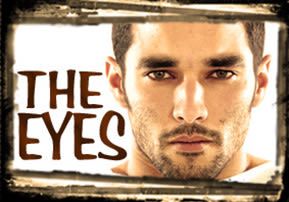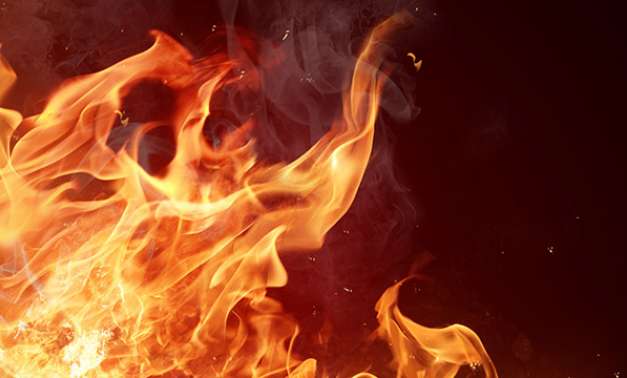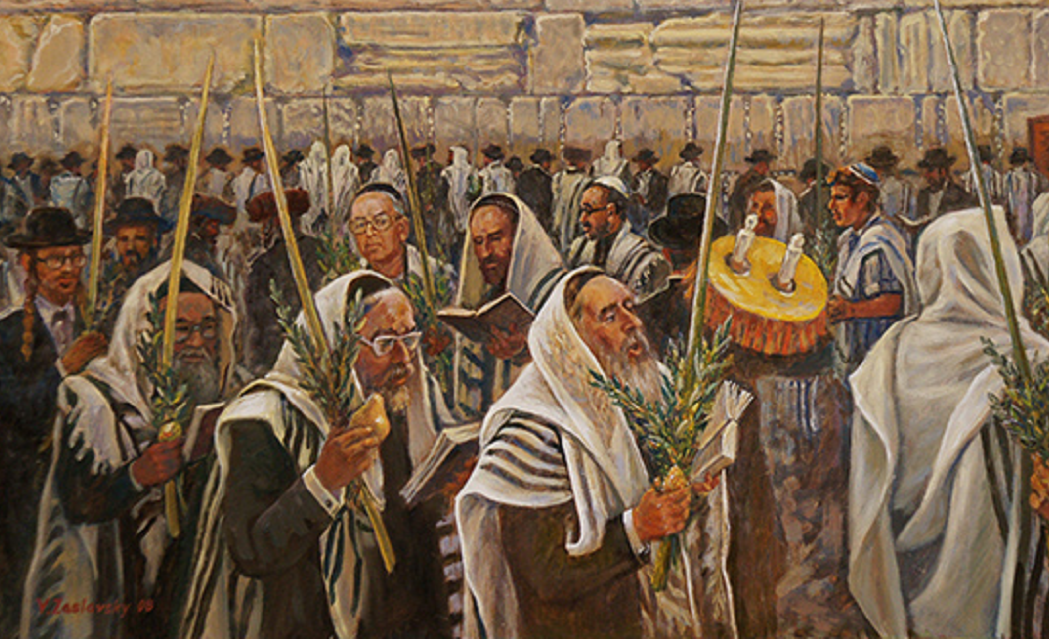
The Eyes
Closing ones eyes is the only way to avoid coveting; only then does one gain the free choice of thinking about Hashem or falling into...

So he went and did just that. On the last day of the year, he fasted, and did not sleep, and rose and began the journey back. And on the way he saw a tree, and on it grew very appealing apples. And they were irresistibly tantalizing to his eyes…
The viceroy follows the princess’s instructions to the letter: He chooses a place and goes there, utilizing every waking moment to pray and yearn for emuna, and to strengthen himself for his task. On the last day of the year, he fasts just like he was told to.
After he has done everything that the princess has told him to, nothing is left for him to do other than return to the princess and rescue her from captivity. At that moment, on the verge of redemption, the Evil Inclination overcomes him and knocks him down. Where does the downfall of the viceroy begin? From the eyes…
The Eye Sees and the Heart Covets
Rabbi Zev “Velvel” Cheshin of blessed memory, one of the prominent Breslover Chassidim of the previous generation, would say in the name of the Zohar that the Yetzer Hara is not allowed to enter a person except through the eyes. In our tale, we see this principle clearly. Had the viceroy guarded his eyes – and that means closing them, especially to temptation – he wouldn’t have suffered a setback and he’d have rescued the princess then and there.
The very first sin in the world – Adam’s – began with the eyes, for it is written (see Bereishit, chapter 3), “And the woman saw that the tree is good for eating, for it was irresistible in her eyes and pleasingly enlightening so she took from its fruit and gave it also to her man with her and he ate.”
All the blemishes imaginable – lust for women, lust for food, lust for money, coveting, jealousy, and many more – all begin with the eyes. Rashi teaches us (see his commentary of Parshat Shlach), that “what the eye sees, the heart covets.” This is literally a law of nature – whenever the eye sees something appealing, the heart immediately covets it, and the person is subjugated by the Yetzer Hara. Once the Yetzer Hara seizes control, a person is liable to commit every transgression imaginable. When we guard our eyes, we’re spared from all this trouble, for what we don’t see, we don’t covet.
Let’s go a step further: Hate, slander, greed, and confusion all start from the eyes as well. When one stares at others, and compares himself with them, he oftentimes belittles them to make himself feel better. Few people are satisfied with what they have when they look at their neighbors.
The First Choice
A person’s first free-will choice in life is the eyes – whether to open them or to close them. If a person doesn’t close his eyes, he loses his free will, for he’ll fall prey to the Yetzer Hara and to all kinds of temptations and bodily urges. Closing ones eyes is the only way to avoid coveting; only then does one gain the free choice of thinking about Hashem or falling into a state of arrogance. This choice doesn’t exist while the eyes are darting from one object to another. As we said, “the eye sees and the heart covets; when the heart covets something forbidden, it becomes spiritually defiled. Such impurity – the result of thoughts – is often worse than a forbidden act itself.
Therefore, one only has choice when the eyes are closed. Then, the choice is between thinking about Hashem, that there is no one other than Him, for He gives us the ability to see, among other things, or falling into a state of arrogance, thinking: “What a tzaddik I am! Look how I walk around with my eyes closed!” and so forth.
When a person doesn’t close his eyes, free choice doesn’t even begin. Such a person loses connection with his ultimate purpose in life, for he surely forgets Hashem because of all that his eyes have seen. Each one of us must arouse ourselves and strengthen ourselves on this point. Even in places where we’re permitted to open our eyes, we need extensive Divine mercy in order to prevent this world from confusing us and in order to cling to Hashem constantly. By opening one’s eyes, one literally places himself into a state of concealment – nothing could be a greater tragedy.
To be continued.










Tell us what you think!
Thank you for your comment!
It will be published after approval by the Editor.